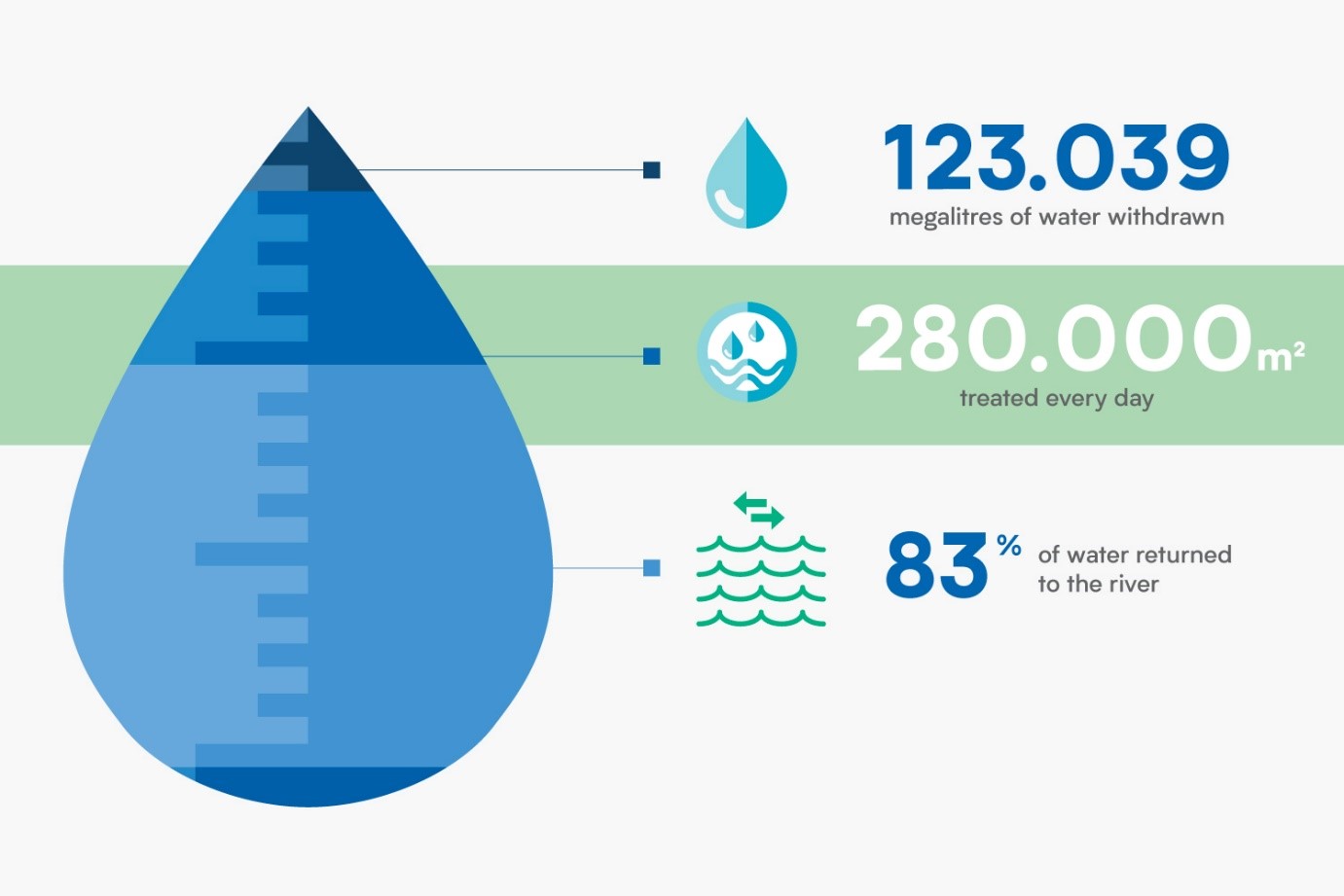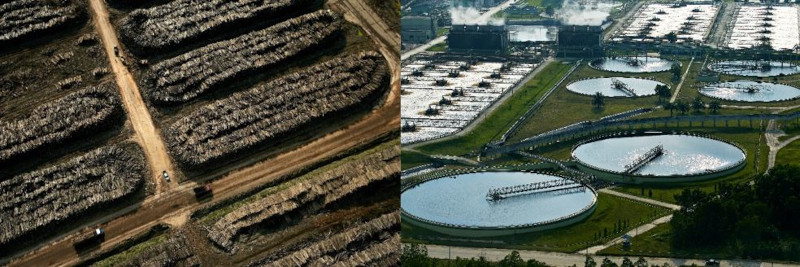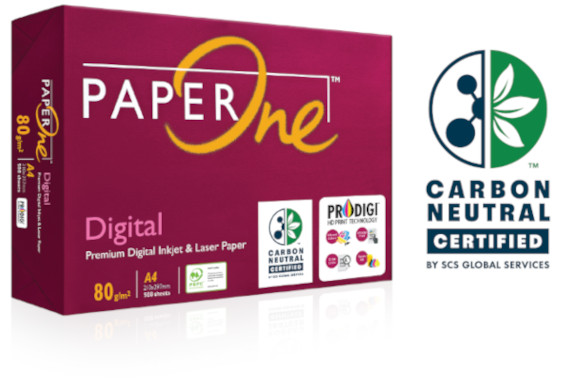Navigating the Sustainability Landscape: Challenges and Solutions for Paper Manufacturers
8 July 2024

In today's rapidly evolving world, sustainability has become a key topic for the paper industry. Factors such as environmental responsibility, regulatory compliance, and meeting customer demands are driving paper companies towards adopting sustainability initiatives.
However, the journey to achieving sustainability comes with a host of challenges – from sourcing raw materials within the supply chain to delivering the final product to consumers. Here are some of the challenges we face and the solutions that we apply to address them.
Challenges in the Paper Industry and How to Achieve Sustainability
Sourcing
All paper manufacturers face the challenge of procuring materials from sustainable sources that meet strict sustainability criteria to minimise environmental impact.
Solution: Sustainable Sourcing Practices
Sustainable sourcing takes top priority at APRIL Group, particularly in the procurement of raw materials. Our wood is sourced from APRIL plantation forests, supply partners and open market suppliers, all of which are responsibly managed and supply legal wood from non-controversial sources. The origins of all wood we procure are assessed and traceable to ensure that credible and robust assurance processes are in place. Rigorous due diligence, including risk assessments and supplier collaboration, guarantees our paper comes from responsible sources.

Energy Consumption
Another significant challenge is the high energy consumption associated with paper production. From pulping to drying, each stage of the papermaking process requires substantial energy inputs, contributing to carbon emissions and environmental degradation.
Solution: Energy Efficiency Measures
APRIL invests in energy-efficient technologies and process optimisation. Upgrading machinery and embracing renewables helps to boost efficiency and cut environmental impact. Our certified ISO 50001 energy management system ensures globally recognised practices are in place.
As part of our efforts of reducing carbon footprint, we are making strides to shift from fossil fuels to renewable energy like solar power. In total, 88.6% of our energy comes from renewable and cleaner sources.
APRIL has also implemented water treatment technology to clean water taken from the nearby river for mill usage. Approximately 83% of the withdrawn water is returned to the river as a result of innovative water treatment techniques developed by an internal team of experts.

Waste Management
Paper production generates significant amounts of waste, including both solid and liquid by-products. Paper manufacturers must find innovative ways to limit their environmental footprint.
Solution: Waste Reduction and Recycling
We are committed to circularity in our manufacturing facilities by keeping resources in the loop, including waste from product processing. APRIL prioritises waste management by consistently evaluating all waste generated, hazardous and non-hazardous alike. Our goal? A bold 80% reduction in industrial landfill waste by optimising material use. In 2022 alone, repurposing 182,647 tonnes of waste into valuable by-products not only slashed landfill use but also delivered substantial cost savings.

These combined sustainability efforts contributed to the assessment and verification of the entire PaperOne™ cut-size product range's carbon footprint by SCS Global Services, with our PaperOne™ Digital 80gsm certified as carbon neutral.

In conclusion, while the paper industry faces significant sustainability challenges, there are also numerous opportunities for positive change. By embracing innovative solutions and adopting best practices, we are able to navigate the sustainability landscape and pave the way towards a greener future. At APRIL, we're proud to be at the forefront of this journey, driving positive change for our industry and our planet.


